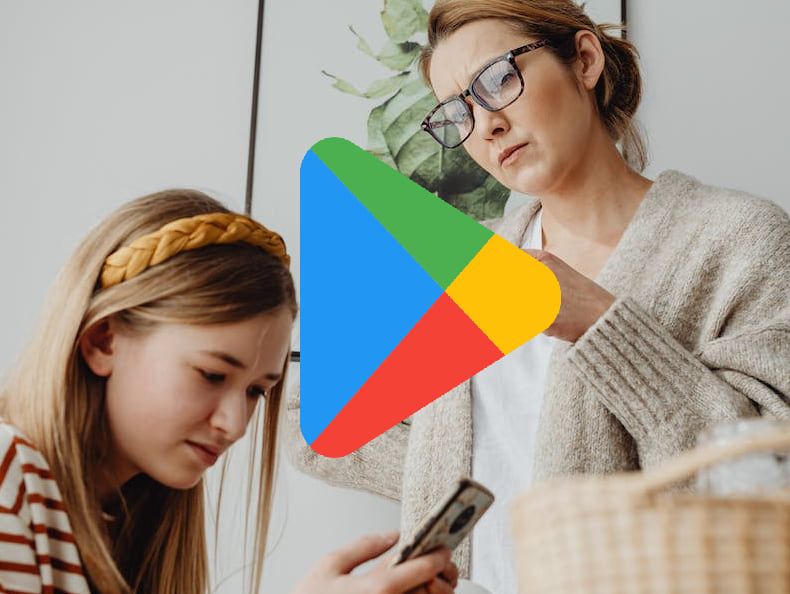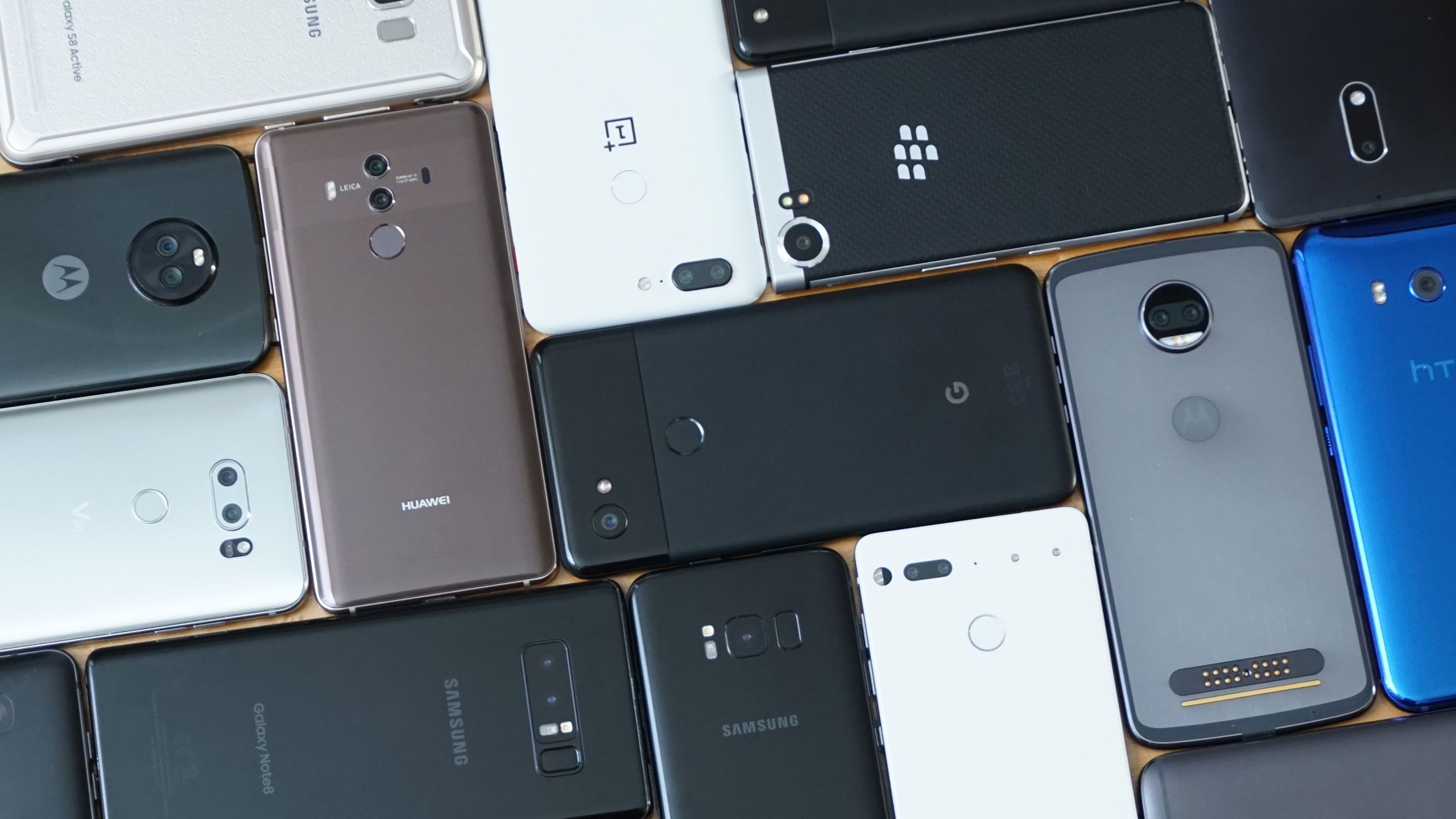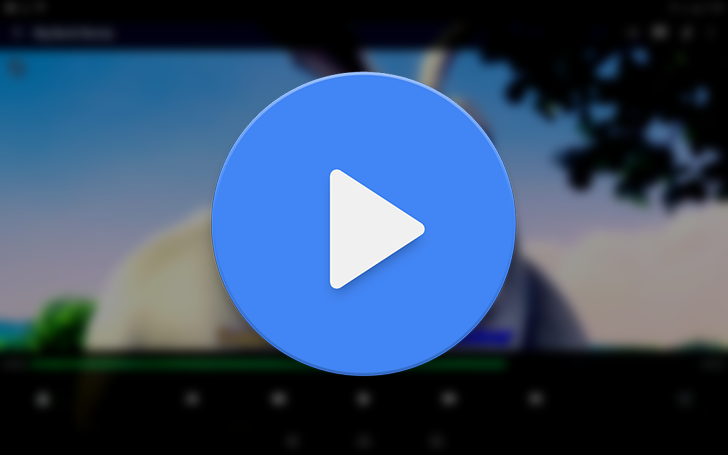latest

How to use Purchase Requests in the Google Play Store
Now, your kids can't evade asking your permission to buy Play Store content
Purchase Approval settings give you control over what content your little ones can buy and download in the Google Play Store. You can require permission for all apps or just In-App Purchases (IAPs). Typically, you'll enter your password on their device to permit paid apps or tap the approve option for free downloads. But these methods only work when you set up a payment method that everyone shares in your Family group. If you don't want to expose your card to multiple people, Google still lets you cover your children's expenses.

New owners infect Mi Control Center and other apps with insane ads and subscription prices
$30 a month seems a bit steep for a notification shade
Read update
A company snapping up a popular Android developer can be a precursor to shenanigans. And shenanigans aren't anything new for Treydev Inc, a Romanian developer which we've reported on before. The dev makes popular custom user interfaces that mimic the behavior of Android device maker skins. Earlier this year Treydev's most popular apps were switched over to the developer account for ZipoApps, a holding company with a few dozen apps on the Play Store of varying function and quality.

YouTube bought another TikTok-type thing
SimSim a short-form video app that lets you rave about the froyo from down the street, subscribe for a discount code, thanks guys
A casual observer might believe that YouTube is a site all about cats, or video game highlights, or anti-vaccine rants, or possibly just a repository of late night talk show bits. But no: the true purpose, as with almost all of Google's products, is to sell you stuff. To that end, YouTube is acquiring a smaller, weaker video site that's all about selling you stuff, albeit in a more direct way.

Telltale Games was a widely successful studio, but in the midst of bad management decisions, it had to close its doors in September last year, taking down many of its critically acclaimed games along the way. It looks like the dead don't die, though. Alongside a relaunch of Telltale Games' website, a holding company called LCG Entertainment announced on Wednesday that it purchased the shattered ruins of the studio. It intends to re-release select games and develop new titles, continuing some of the brand's franchises.

Earlier this week it the FCC agreed to allow Verizon to start locking the phones it sells for 60 days following activation. As you should expect, this will only affect phones purchased from the carrier, those that bring their own phones won't be affected, and that got us to thinking: Where do our readers get their phones? In North America, carrier subsidized phones are still very much a thing, though some other markets we know of prefer outright/unlocked purchases. So how did you get your current phone?

Pandora has largely been overshadowed by Spotify in the world of music streaming, but it's still alive and kicking. Back in August, Pandora Premium support was finally added to Google Assistant, and T-Mobile began giving customers a year of Pandora Plus. Now the company has been acquired in an all-stock transaction by SiriusXM, valued at approximately $3.5 billion.

Starting all the way back in 2016, Qualcomm set its sights on purchasing NXP. Both being huge semiconductor companies operating in overlapping fields, there was some question of consumer benefit and market competition if the deal went through. EU regulators expressed some concern before relenting, and back in June Chinese regulators were said to be ready to grant their own blessings. Turns out, China's enthusiasm may have been overstated, as Qualcomm is set to terminate the NXP acquisition based on the continued absence of regulatory approval from the Chinese State Administration for Market Regulation (SAMR), presumably as a result of the ongoing trade tensions between it and the US.

Amazon has just purchased Ring, a company most famous for its smart doorbells. The cost? A reported $1 billion according to Reuters, making this one of Amazon's largest acquisitions in history. Ring will likely be kept as an independent business, though its products will likely see integration with Amazon's own.

Pokémon GO is the poster child for augmented reality. Niantic didn't make quite as big a splash with its first AR game, Ingress, but our collective millennial Pokémon-themed childhood ensured that the company's second effort had a very different reception. Now Niantic looks to be making an investment for the future, as it's just purchased Escher Reality, a startup specializing in backend (read: multiplayer) solutions for VR.

Most of us using Android are probably familiar with MX Player. It's one of the highest rated video playback apps on the Play Store, with a tremendous 100 million to 500 million downloads. According to a report published by The Ken, the app has just been acquired for $200 $145 million by the Times Internet, a large Indian media company.

Near the end of last year, T-Mobile announced that it was buying Layer3 TV, an online television provider. T-Mobile said that it wanted to "un-carrier" the TV industry by offering its own service, and purchasing Layer3 was the first step. T-Mobile's acquisition of Layer3 is now complete, according to a press release from today.

If you're big into vinyl (records), then you probably recognize the name Discogs. If you aren't, it's a music marketplace for cataloging your collection and buying new albums. And, today, Discogs has released a beta that allows you to make purchases from inside the Android app itself.

Last week, a report from TechCrunch claimed that Apple was about to buy Shazam for an unknown amount. For the unacquainted, Shazam is a music-detection app, but the company behind it has been looking into AR and other technologies Apple could be interested in. The buyout has now been confirmed by Apple in a public announcement.

I've noticed that there are two kinds of people, generally speaking, when it comes to app purchases. Those that consider a couple bucks towards a new app no big deal, and those that wait until the last minute, if ever, to drop a few dollars on a "Pro" version or IAP for a full app. Personally, I jump at the chance to disable ads, add additional features, and support independent developers. But, even I can acknowledge that it depends on how much an app costs.

Anyone who's familiar with gaming, whether it be on PC or mobile, will know what a Humble Bundle is. The premise is that you can purchase a bunch of games with a similar theme on the cheap, all the while feeling good knowing that a portion of the proceedings will go to charity. Humble Bundle, Inc. has just been purchased by IGN, another entity that gamers will probably be familiar with.

Google's new Pixelbook looks kinda slick. I think the chances are pretty high that I'm going to grab one. At least, if the keyboard on it is any good. But there are a lot of places to pre-order the new Chromebook up outside the Google Play store. For your convenience (and mine, later) we've put together some of the spots you can pick it up into a nice little list.

Those of you who like to root and mod your phones have probably heard of JRummy Apps. Probably best known for its Root Browser and ROM Toolbox apps, JRummy has been a staple of the Android enthusiast community for many years now. It's now been purchased by a company that specializes in app acquisitions called Maple Media.

Back in July 2016, Verizon announced that it had agreed to purchase Yahoo, for $4.83 billion. Following the acquisition, Verizon would combine Yahoo's assets with AOL (which it bought in 2015) to form a new entity called 'Oath.' Today the purchase has concluded, with the final sale price at $4.48 billion.

United States carriers are spending big bucks to acquire more wireless spectrum, especially with 5G on the horizon. T-Mobile recently won a bidding war for a large chunk of the 600Mhz spectrum, and AT&T was preparing to buy Straight Path Commutations last month. However, it turns out that Verizon will be buying Straight Path instead, after winning a bidding war against AT&T.

This is a bit of perplexing news. Automatic, maker of car monitoring software and hardware, has just announced that it has sold itself to SiriusXM, subscription-based provider of satellite radio. The connection between the two companies' services might not make sense at first glance, but there is one.





